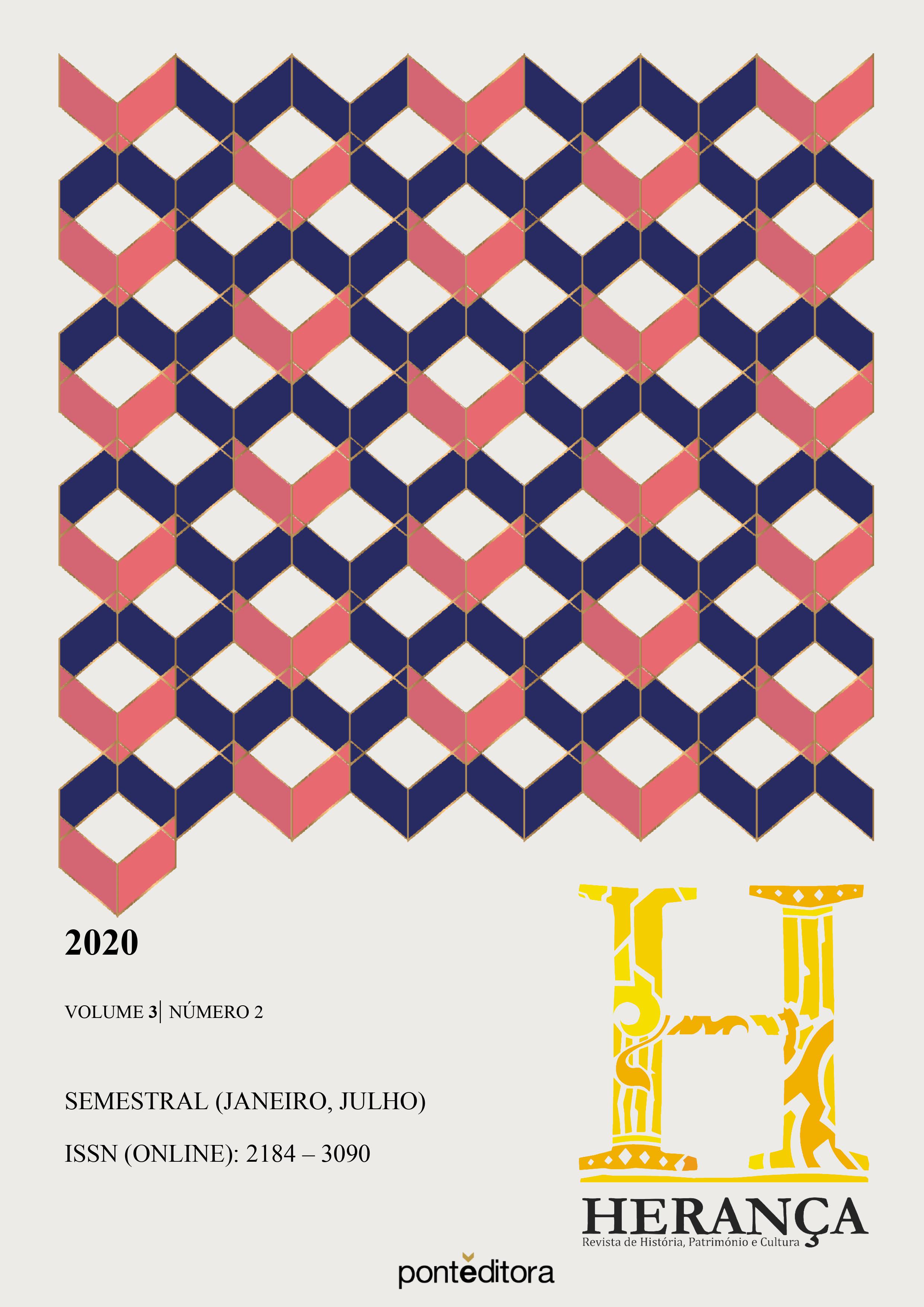Samba and Police
everyday resistance and stories of a counter-hegemonic perspective in Rio de Janeiro city.
DOI:
https://doi.org/10.52152/heranca.v3i2.307Keywords:
Samba, Counterhegemony, Media and Daily Life, Police, Rio de JaneiroAbstract
This article aims to show, through three samba songs written in different periods of Brazilian history, police violence as a common aspect of samba language, as a form of resistance and counterhegemony against the State. Through a critical analysis of the discourse in three songs: Delegado Chico Padilha (1938), Assim não Zambi (1979), and Numa Cidade Muito Longe Daqui (2009), we perceived that samba can be understood as a kind of everyday chronicle of Rio de Janeiro life, as well as a cultural product and a form of people's resistance against the State's coercive power, manifest in the police. We tried to demonstrate that samba represents fertile ground and a legitimate corpus to analyze the issue. By reflecting on the police's role in the city of Rio de Janeiro, we can notice that police violence is the common trait and the common theme of the three songs analyzed for this work because, instead of keeping public order and mediating conflicts, police violence, as portrayed by the three songwriters, eventually produces severe problems.







8.png)





